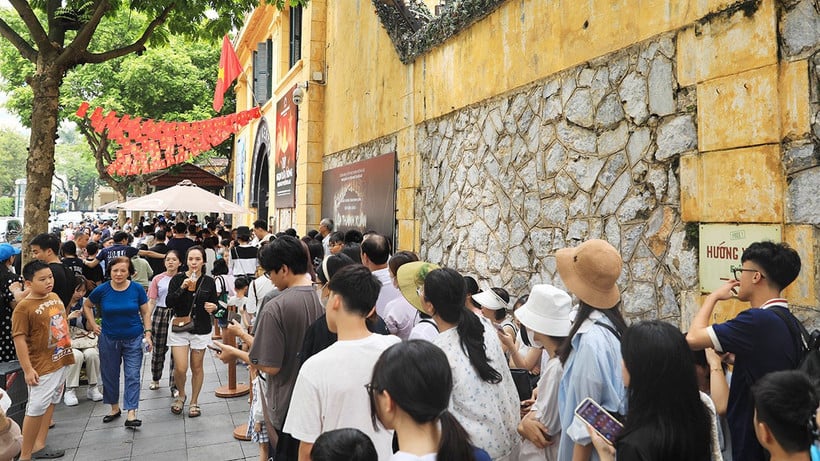
The threat of sophisticated scams
According to data from the Department of Information Security ( Ministry of Information and Communications ), in the first half of 2025 alone, online fraud activities in Vietnam increased by 64.78% compared to the same period last year.
Not only that, in the whole year of 2024, the authorities handled 8,558 fraudulent websites, preventing people from accessing malicious and illegal pages. According to the Ministry of Public Security , online fraud in Vietnam caused losses of more than 12,000 billion VND in 2024 with more than 18,000 online fraud reports each month.
In the context of the 2025 peak tourism season, when the demand for booking air tickets, tours, hotel rooms... skyrockets, scams are also increasingly "upgraded" with sophistication and constant diversity: from renting blue-tick Facebook accounts to impersonate resorts, impersonating reputable businesses, using fake booking receipts, to deepfakes, fake OTPs, appropriating booking codes...
Travel scams are constantly being “renewed”
The worrying point today is that the scams in the tourism sector do not stop at the common methods but are constantly being "renewed", becoming more sophisticated and harder to identify. The subjects often combine modern technology with the hasty, cheap, or lack of vigilance of the people to set up perfect "traps".
People who want to travel during this time need to be aware of the following 6 scams:
First, they forge photos of receipts, payment invoices with company seals from reputable companies in the industry to create trust. After customers transfer money to order services, they immediately cut off contact and erase all traces.
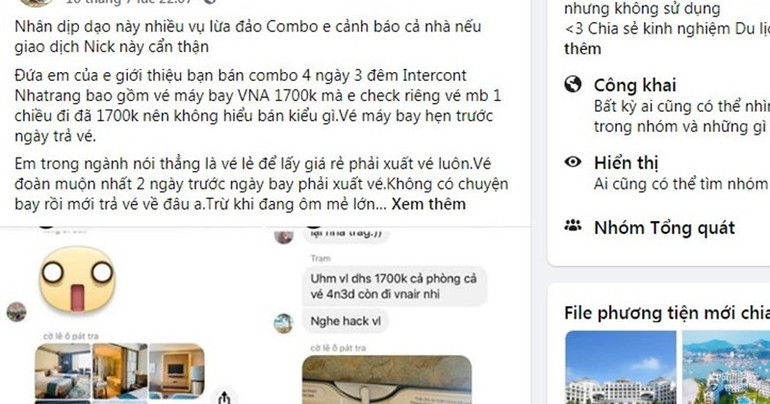
Second, advertising tours and hotel rooms combined with messages such as “shocking prices”, “deep discounts”… appeal to the psychology of hunting for deals. After the victim deposits 30-50% of the value, the subject not only appropriates the property but also steals personal information by asking to complete an online profile. From there, the form of fraud is expanded to more valuable assets.
Third, disguised as “fast visa service”. The subject adds phrases to attract customers such as “commitment to the success rate”, “promise to refund 100% if failed”. But once receiving the money, they put the victim in a passive position: self-reporting the application, then using the excuse of “lack of information” to keep all the money.
Fourth, impersonating airline ticket agents, designing websites and fanpages with interfaces and domain names similar to real airlines. With professional interfaces and many fake promotions, many customers have been tricked into transferring money.
Fifth, deepfake technology is used to fake the image and voice of a loved one during a video call. The victim believes that they are chatting directly with an acquaintance and is willing to transfer money upon “urgent request”. This is a high-tech trick, extremely difficult to distinguish with the naked eye.
Sixth, taking advantage of the habit of buying tickets online, people sell fake tickets, edit information on boarding passes, train tickets or offer non-existent promotions. When arriving at the airport, passengers discover that the tickets are invalid and lose all their money.
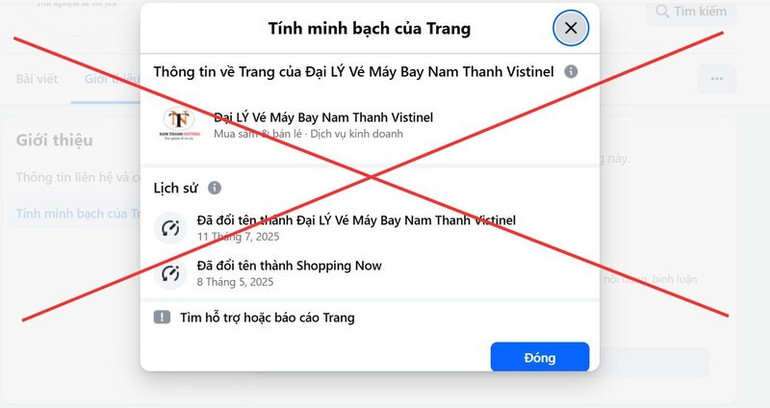
Ms. Mai Dung, representative of Nam Thanh - a reputable airline ticket and tour provider, shared that there are many websites and Facebook accounts impersonating large, reputable tourism companies online to act as scammers. These people even buy blue ticks, copy all content and images from official websites to deceive consumers, create false trust to commit fraud, and appropriate customers' property. The mentality of wanting cheap prices and lack of experience in verifying information are the main reasons why tourists fall into scam traps.
How to avoid travel scams
The Ministry of Public Security and the Department of Information Security recommend that people should be especially cautious when approaching advertisements for cheap tours and “shockingly discounted” resort combos on social networks. Before booking a service, you should carefully check information from many different sources such as the official website, the hotel’s support hotline, the airline or reputable applications (Nam Thanh Travel, Booking, Traveloka…).
At the same time, you need to carefully compare the phone number, email, and bank account provided by the seller with the public information of the business. Check the transparency of the selling account: most fake accounts are often newly created, have recently changed their name, or only have a few advertising posts. If you detect any unusual signs, you should absolutely not transfer money, especially to a personal account.
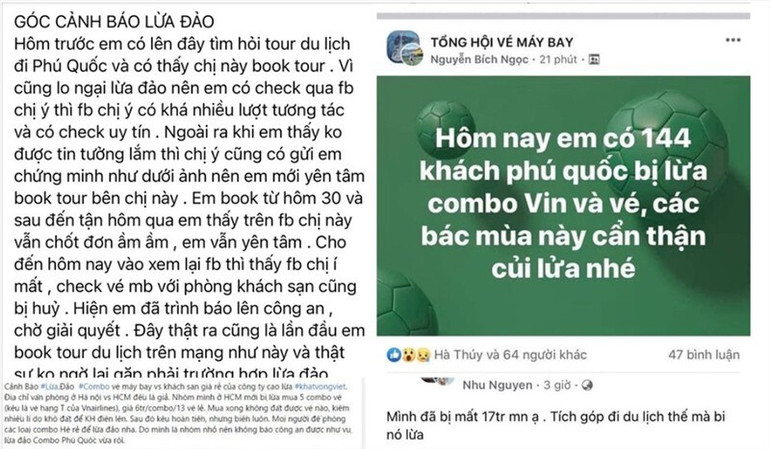
After making a deposit, customers need to proactively contact the official phone number of the airline, hotel, or resort to verify the booking code and ticket code. All transactions must be made on an official platform, with clear invoices and confirmation procedures.
In case of suspected fraud, people need to keep all evidence (messages, emails, receipts, photos of fake websites/fanpages, etc.) and promptly report to the police for support and handling.
In the context of the peak tourist season, scams are constantly being renewed, becoming more sophisticated and harder to identify. People need to be vigilant, only transact through official channels and promptly report to authorities when detecting unusual signs to protect themselves and the community.
Source: https://nhandan.vn/canh-bao-cac-chieu-tro-lua-dao-moi-mua-du-lich-cao-diem-post903259.html




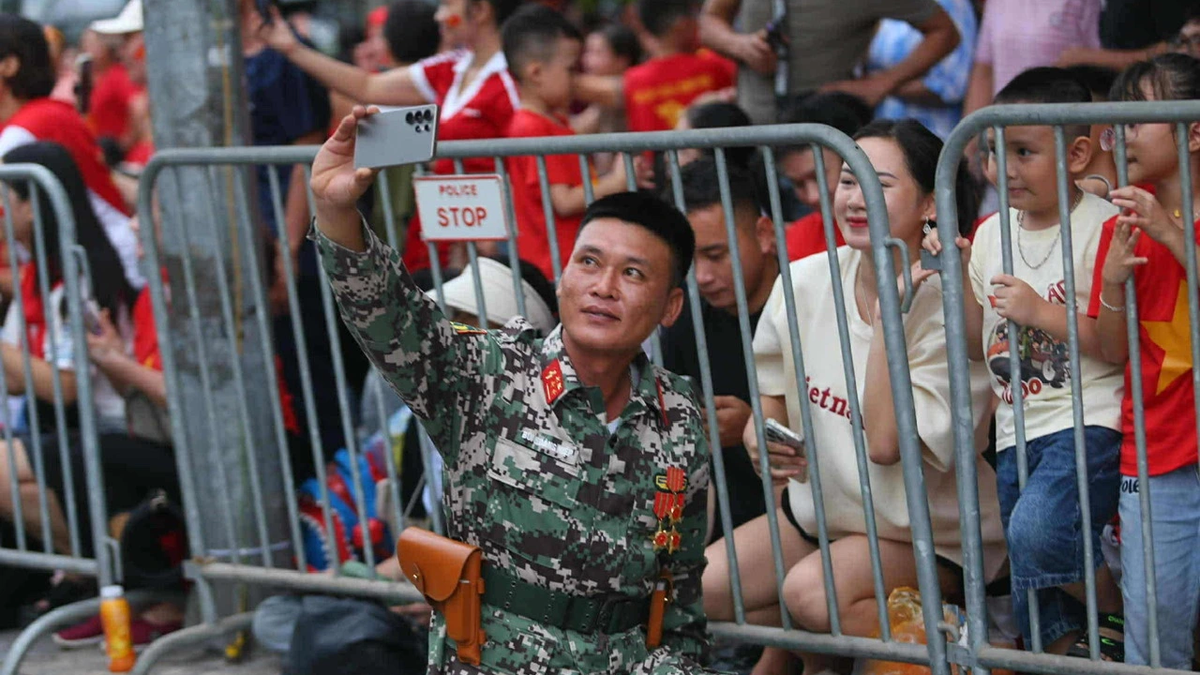








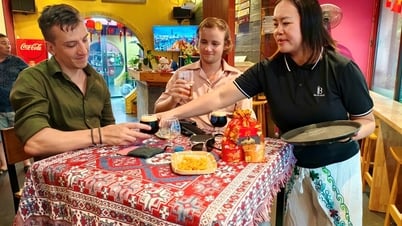

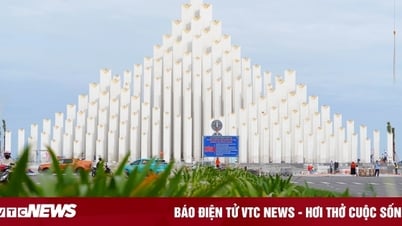


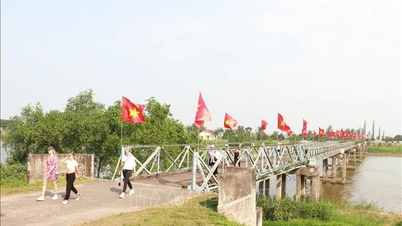





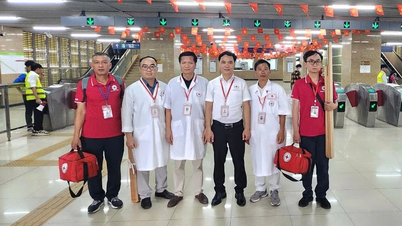
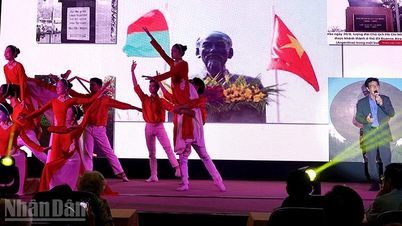
































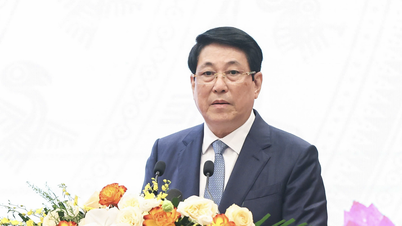




















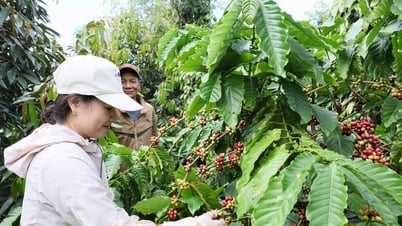
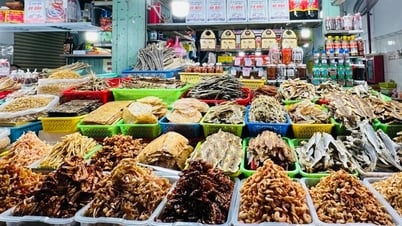
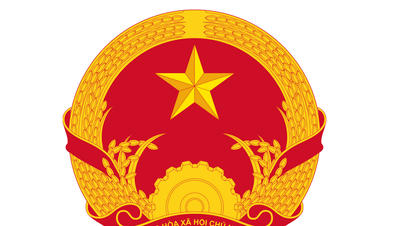
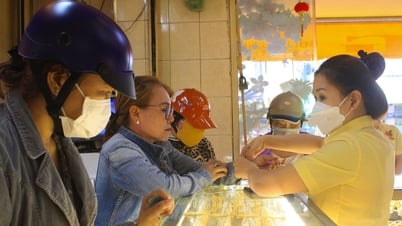












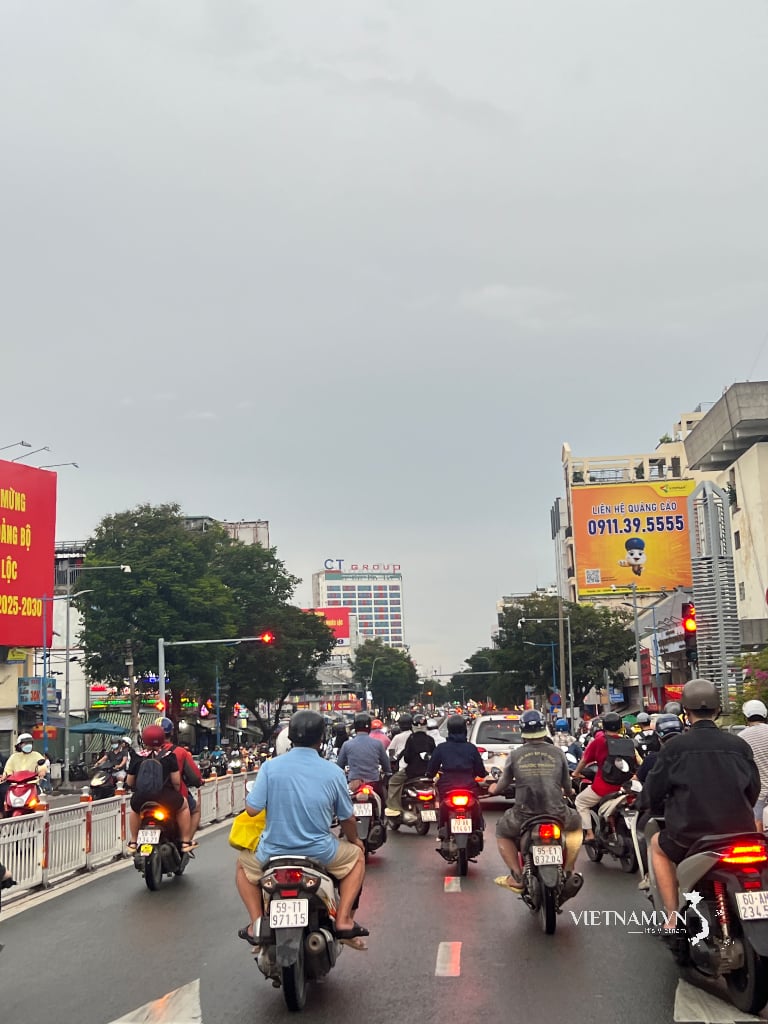
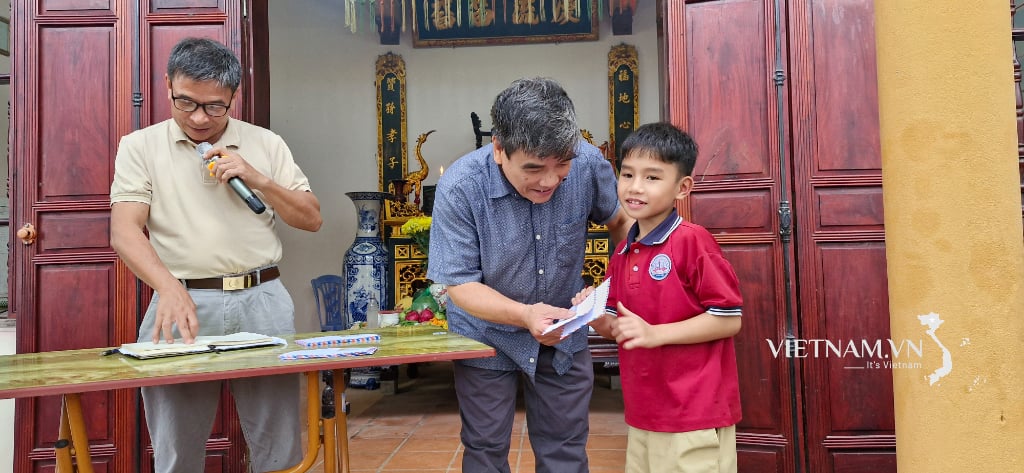

Comment (0)